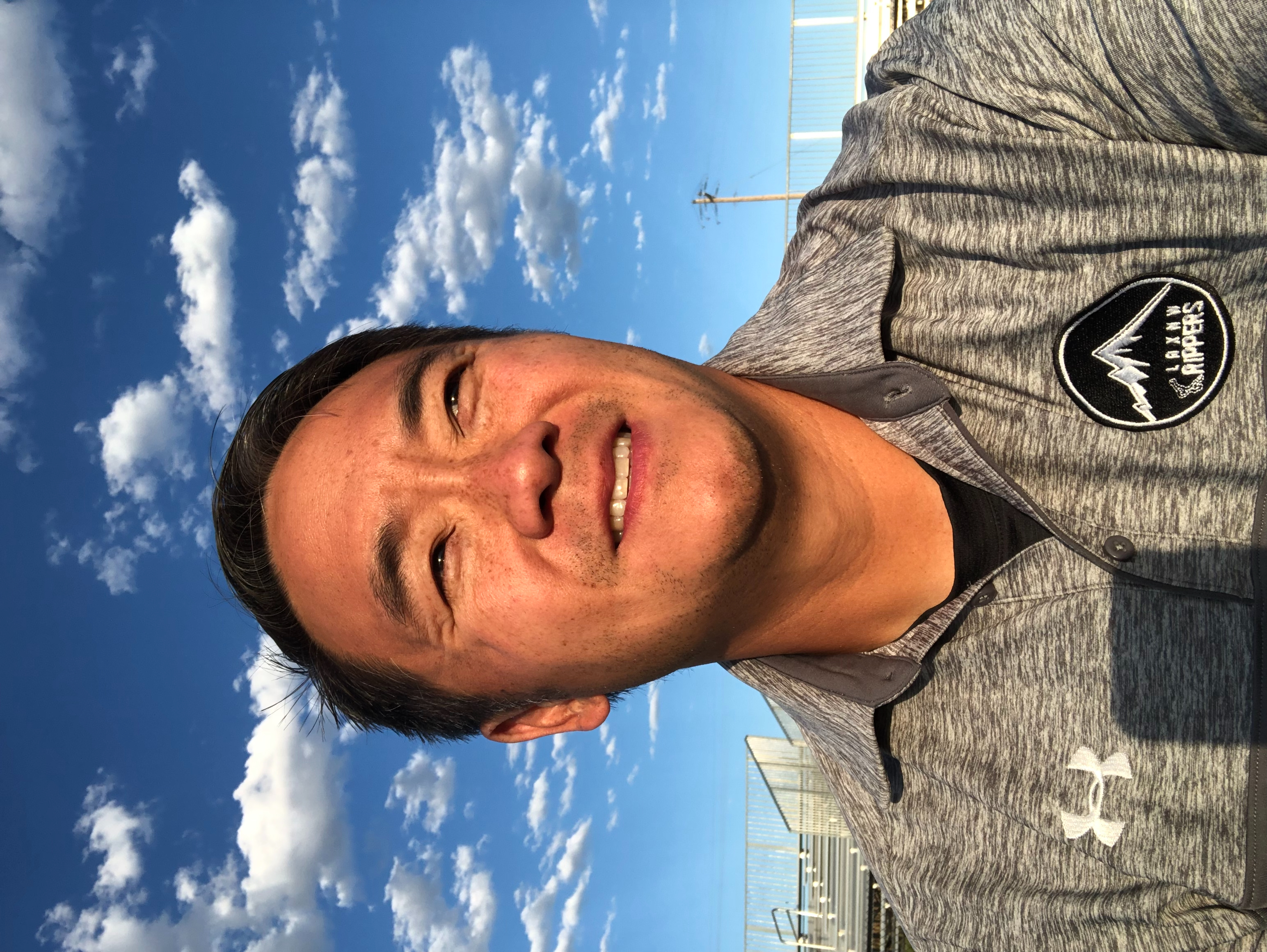How To Survive Performance Plateaus
- James Yoo

- May 13, 2019
- 3 min read
Updated: Jun 13, 2023

Tall peaks are not always better than long plateaus as true greatness must include protracted excellence.
- Matthew Hayden
Peaks and plateaus in performance are part of being an athlete and what it takes to develop mastery.
A novice athlete is likely to experience a lot of peaks and brief plateaus, while an elite athlete is likely to experience few peaks and longer plateaus. Plateaus in performance can last anywhere from weeks, months, to years. There is no set timeline.
One thing to remember about plateaus, they are a reminder that your body is setting itself up for another gain or peak. Be it a huge gain for a novice athlete or sliver of improvement for an elite athlete. It's important to note that peaks and plateaus are part of the process.
There are two types of plateaus, positive and negative plateaus: 1. A positive plateau is when you still feel like you have energy and bounce in training. This is your body’s way of telling you that your mind and body are processing to a peak, so have patients and stay the course.
2. A negative plateau is when you feel unmotivated and your body feels lethargic. It could be a sign of overtraining. When experiencing a negative plateau, take time to identify and problem solve.
One indicator of overtraining: Are you training like you are competing?
When you compete, the goal is to put forth maximum effort and leave it all out there. If you are doing this everyday in training, chances are, you are over training.
If you are training right, it is strenuous and you are working to meet specifics times and/or training based expectations but you aren’t consistently putting strain on your body like in competition.
Create a checklist of questions to problem solve with your coaches and support team (family, teammates, physical therapist, doctor, nutritionist, and sport psychologist).
Here are some ideas:
How is your nutrition? What are your eating habits? Have you tested for any deficiencies like low iron?
Sleep, are you getting enough sleep? Do you feel rested?
Injuries, do you have any nagging injuries? Are you taking the time to manage those injuries?
Are you being proactive by taking the time to warm up and cool down during training and competition?
Identify stressors in and out of sport. Rate them on a scale from little to a lot of stress.
External stressors and focusing thoughts on uncontrollable aspects of your training and life can drain motivation and physical performance.
Take these additional steps to take control of your training and mindset:
a. Start and end the day by clearing your mind. This can include 3-5 minutes of meditation or deep breathing, listening to relaxing music, or just going for a walk. The key is to focus on one thing and being present in that moment. This allows you to start and end the day with a clear head.
b. Identify things that are in your control vs out of your control. This includes the solutions and answers to the checklist you created. Have your controllables and uncontrollables list close by. You should be able to reference it easily, like on a Pinterest board or posted on your phone.
c. Change of pace. If you are currently focused on a physical aspect of training, shift to something else, like technical, tactical, or mental training. For sports like swimming, you can change your event for the for a short time.
d. Quality over quantity. Train hard and train smart. There is no need to overtrain and overstrain.
e. Fun, remember what makes it fun. Including, spending time with teammates, and feeling tired and satisfied after a tough practice.
f. Enjoy and be present in each moment.
g. Celebrate small successes each day, and support your teammates!
We hope that you find these suggestions helpful! Our goal is to help you be proactive vs reactive when experiencing a performance plateau.





Comments